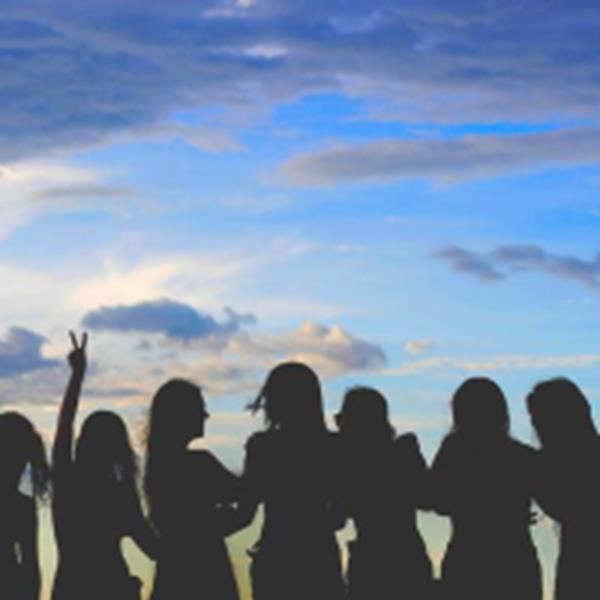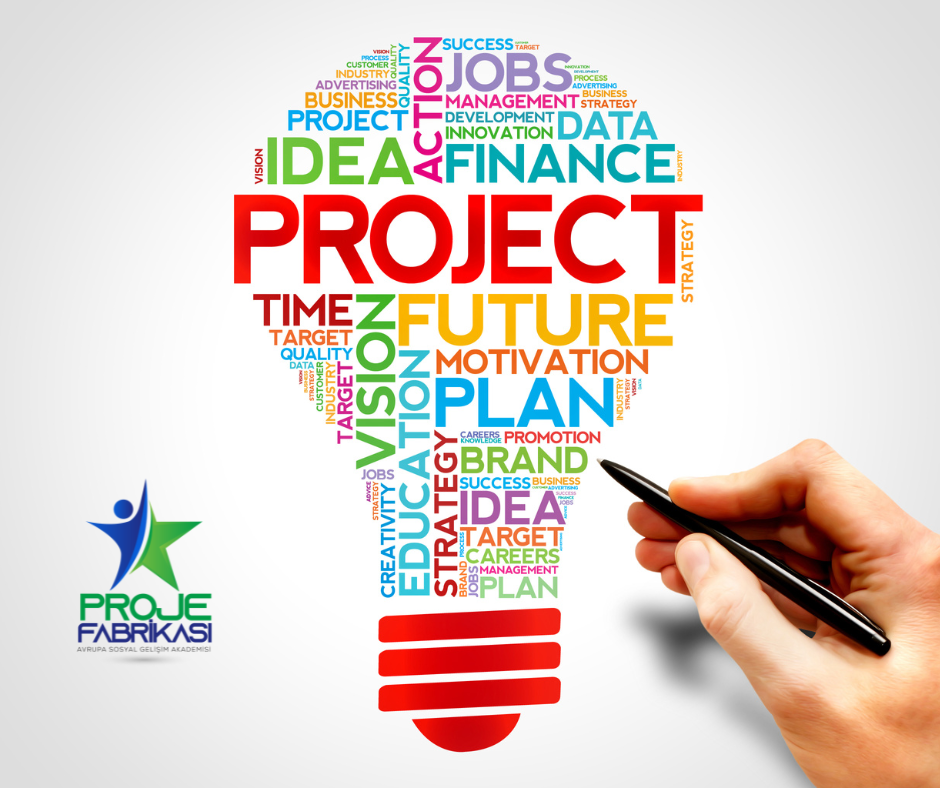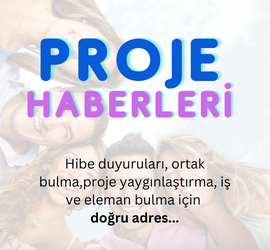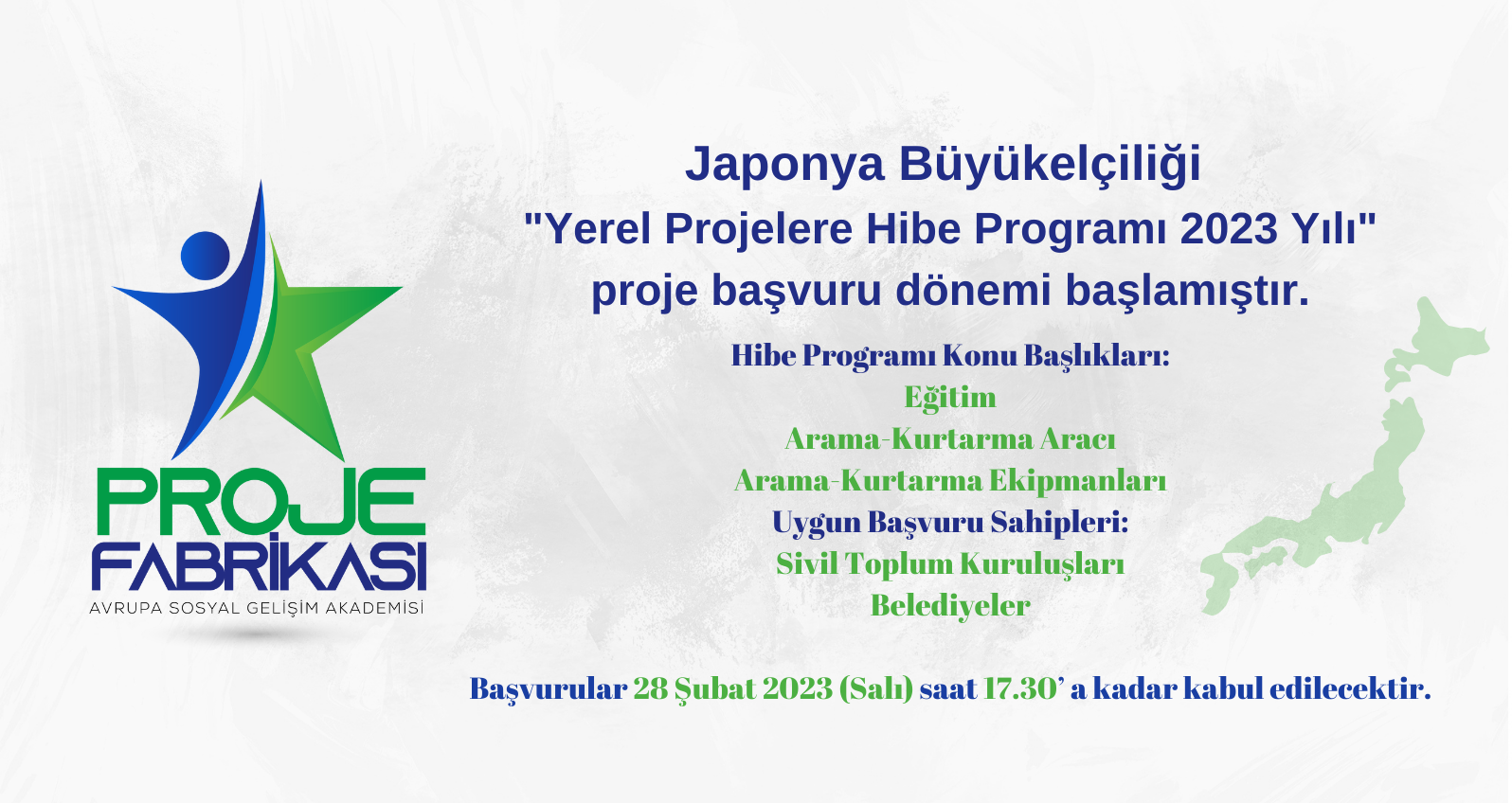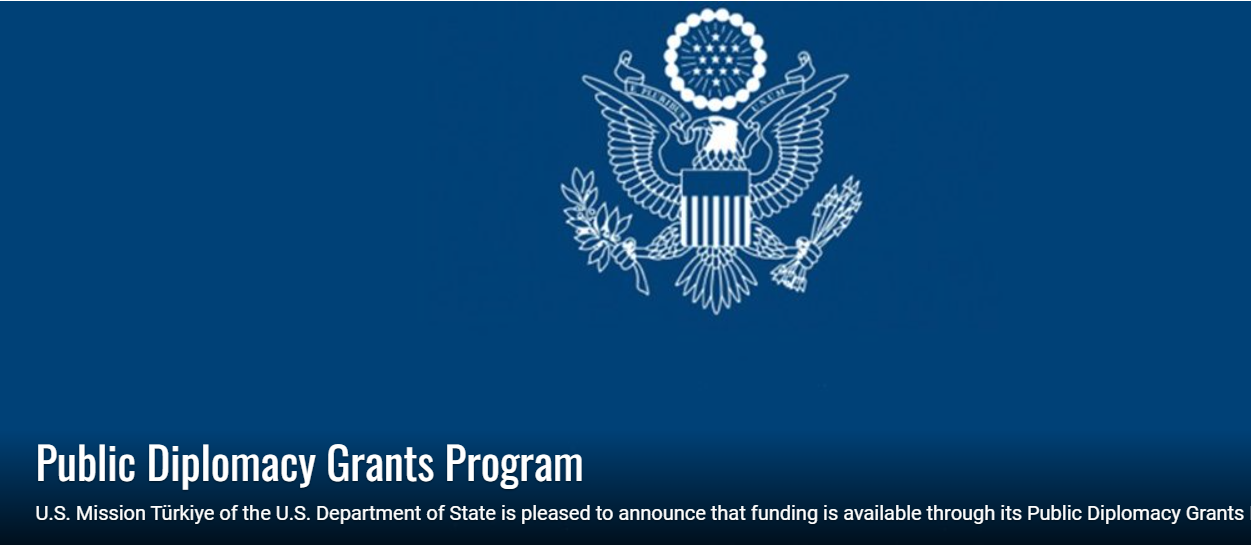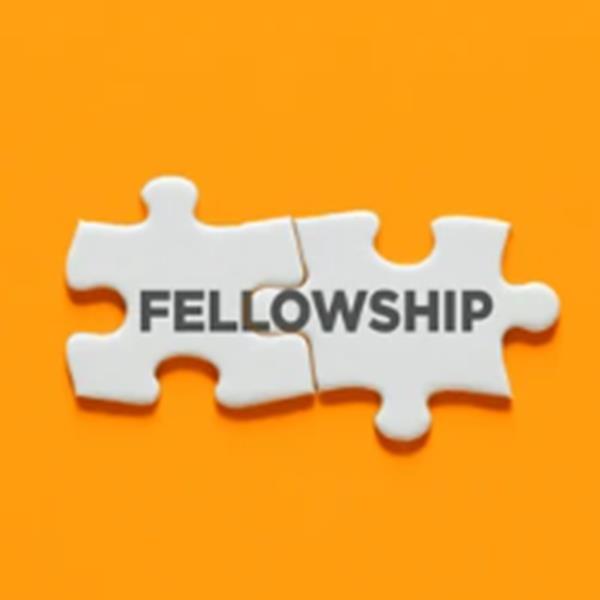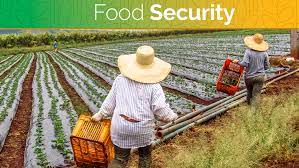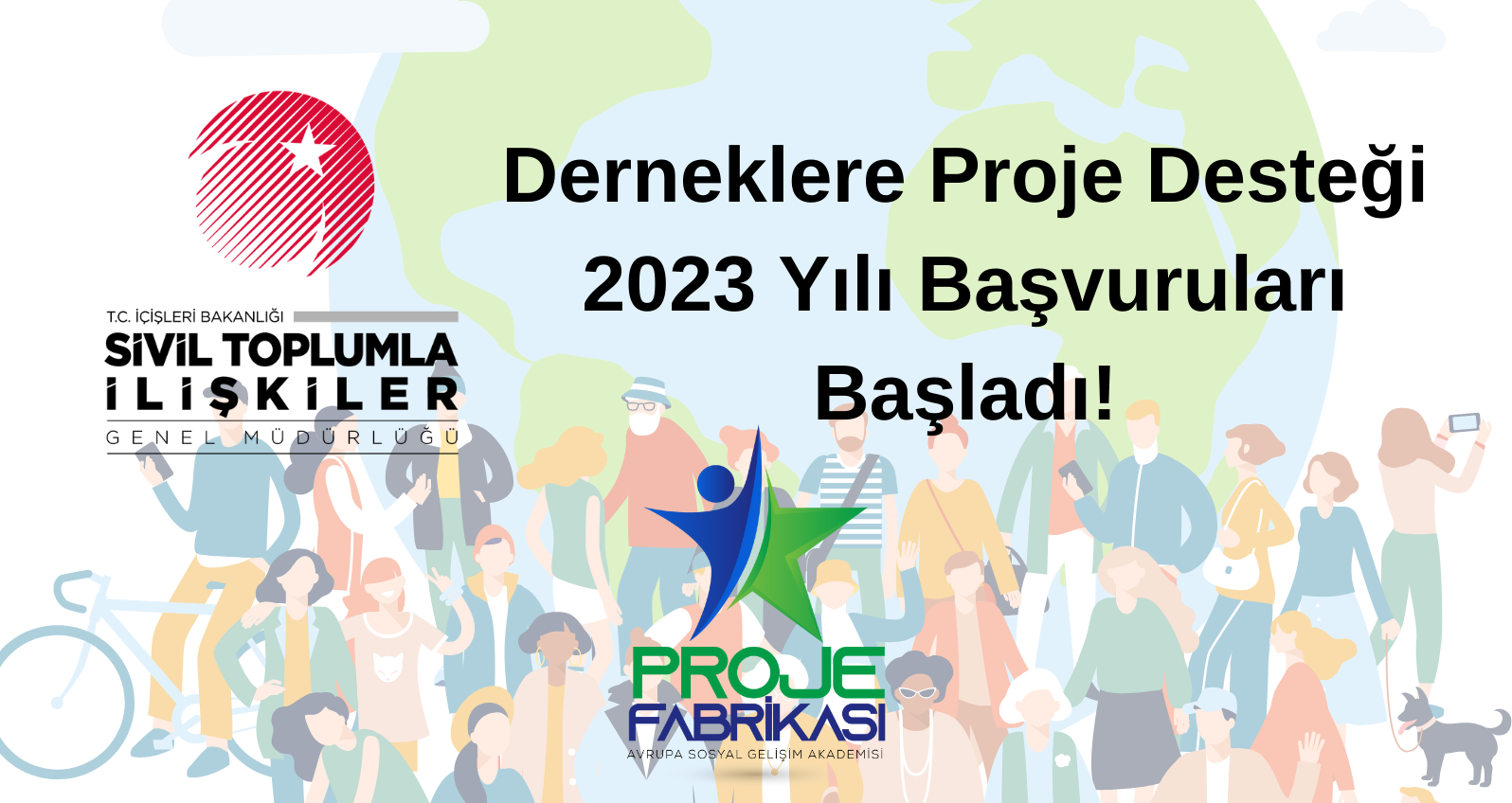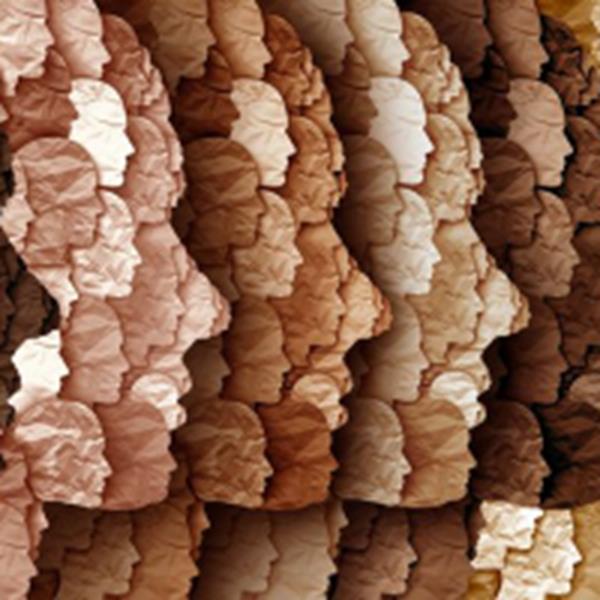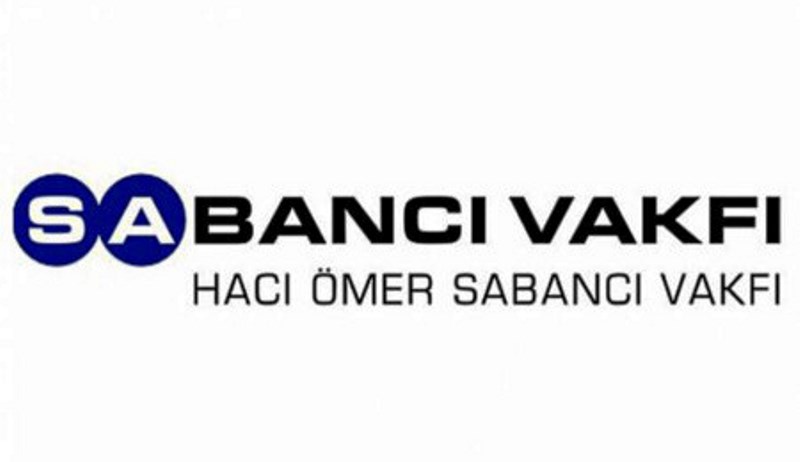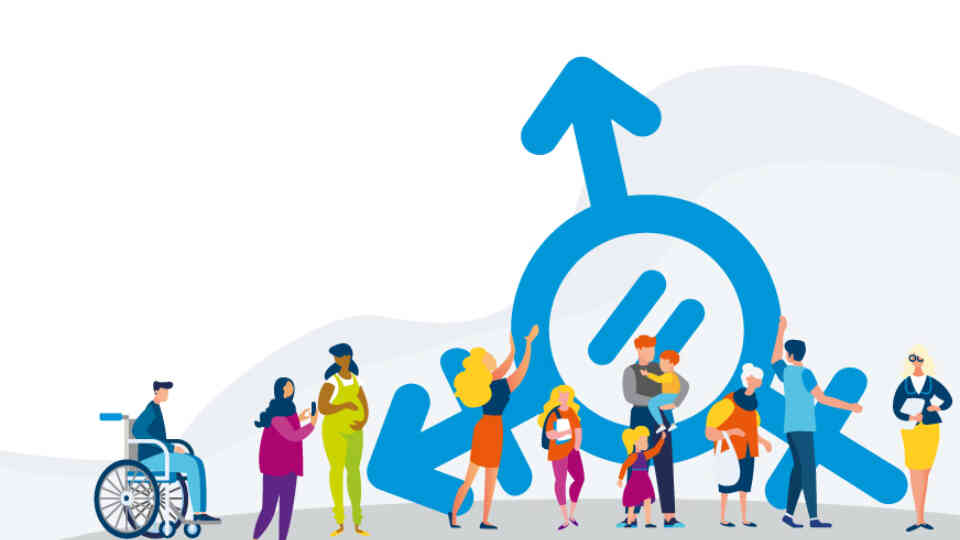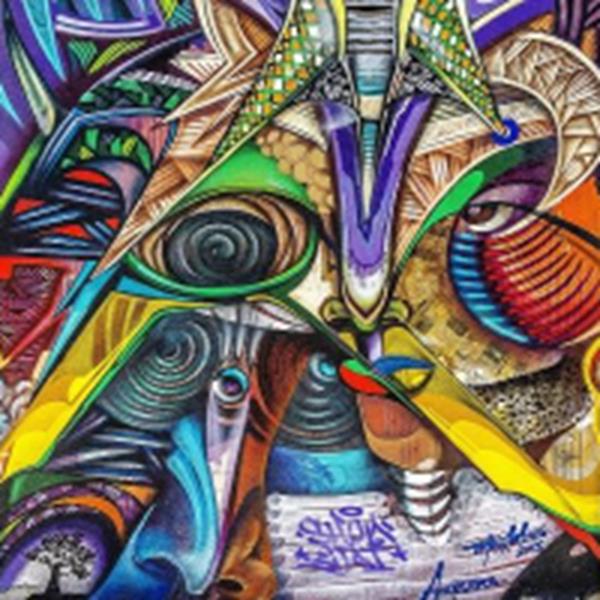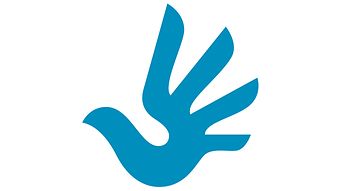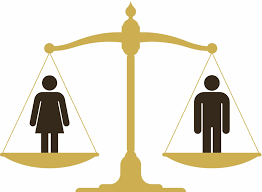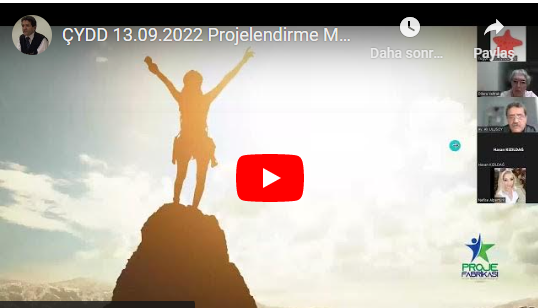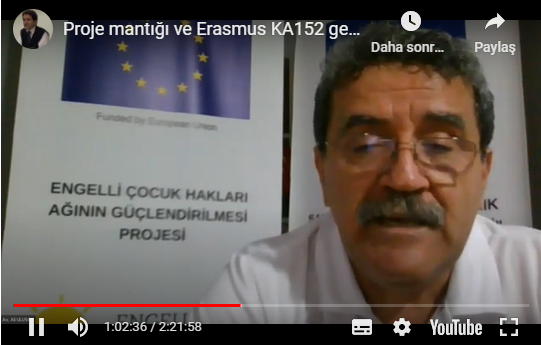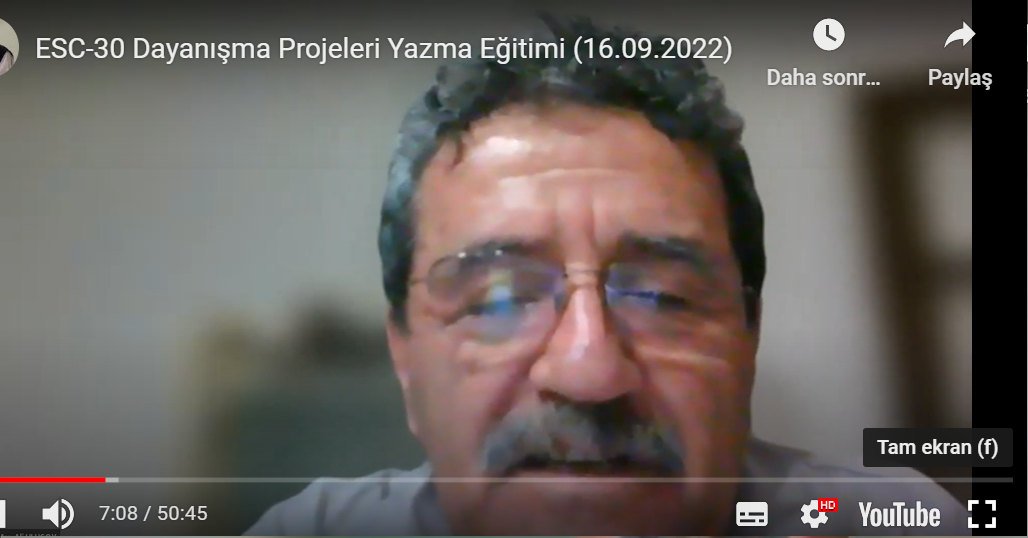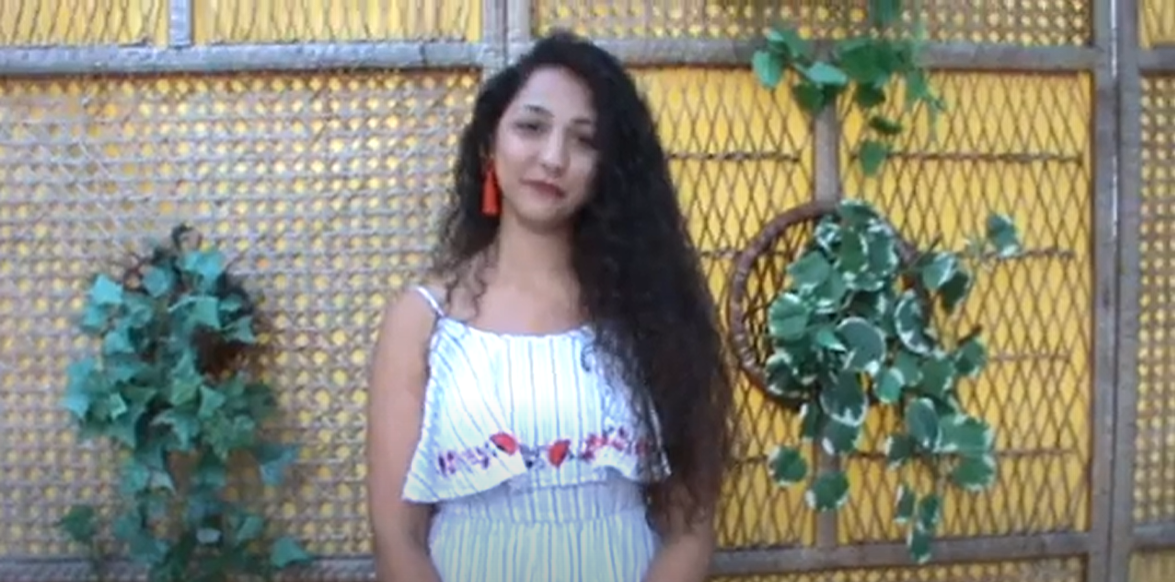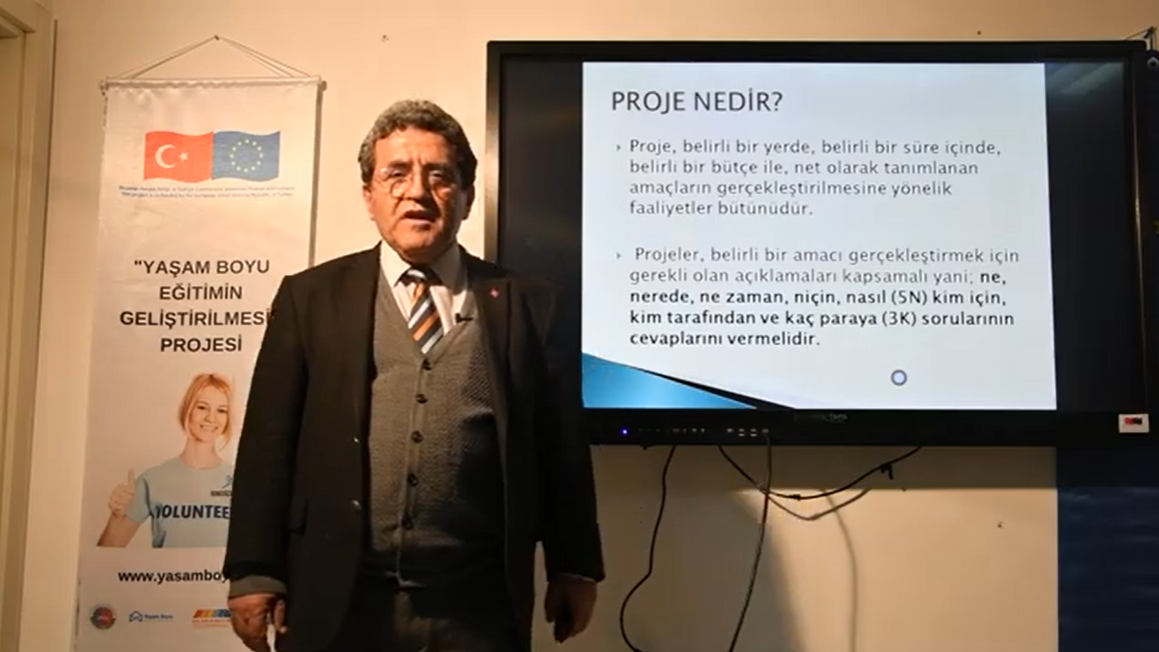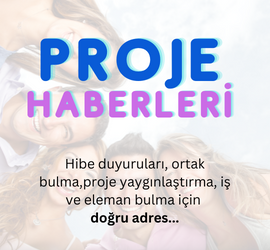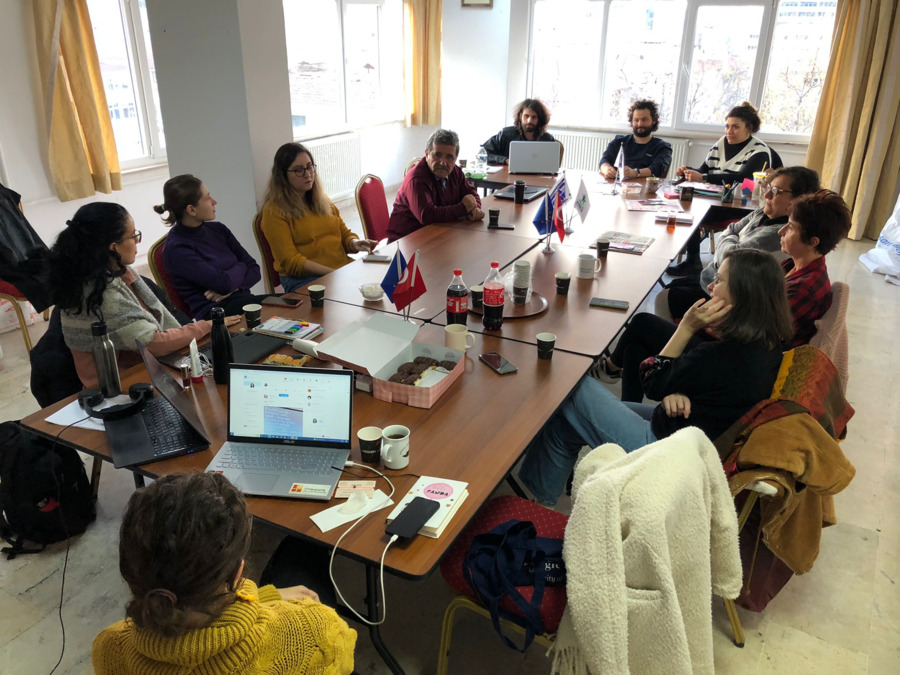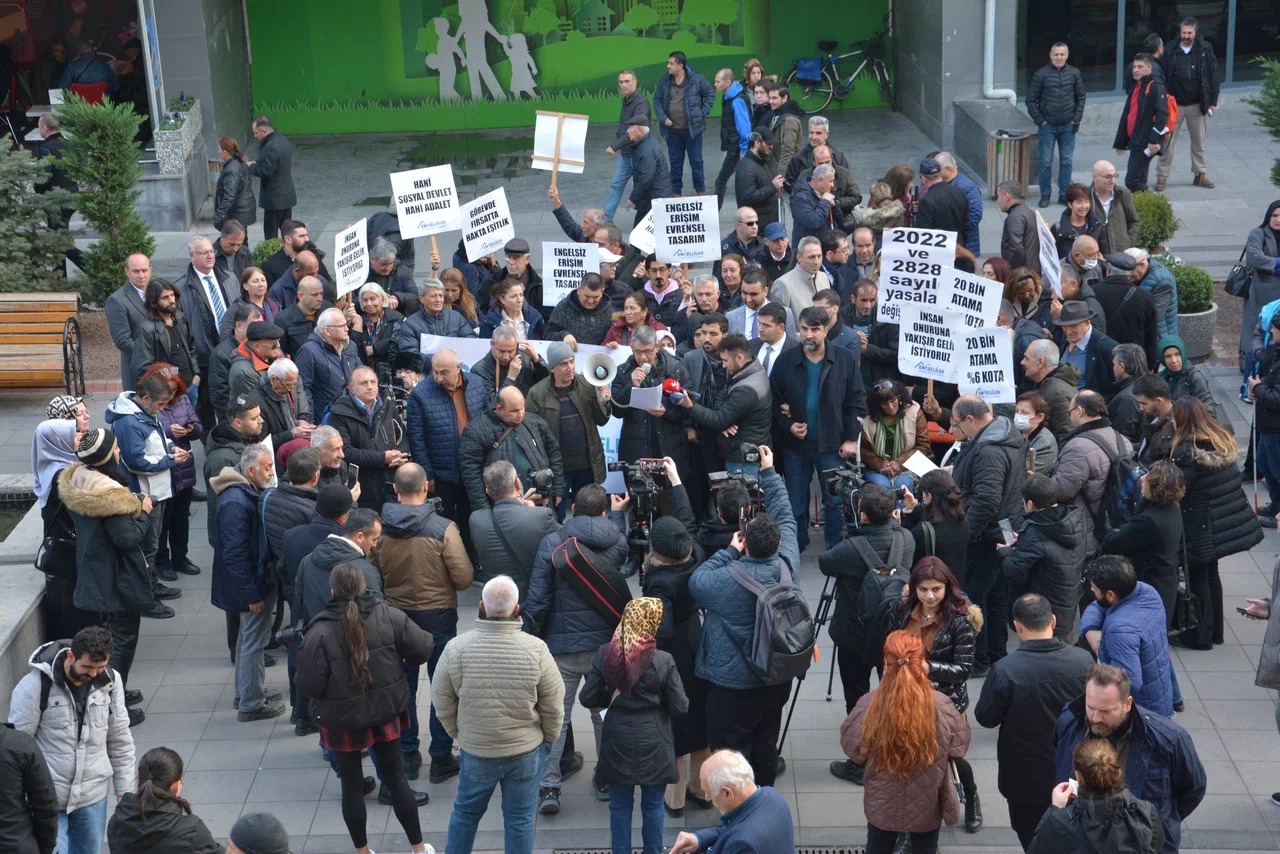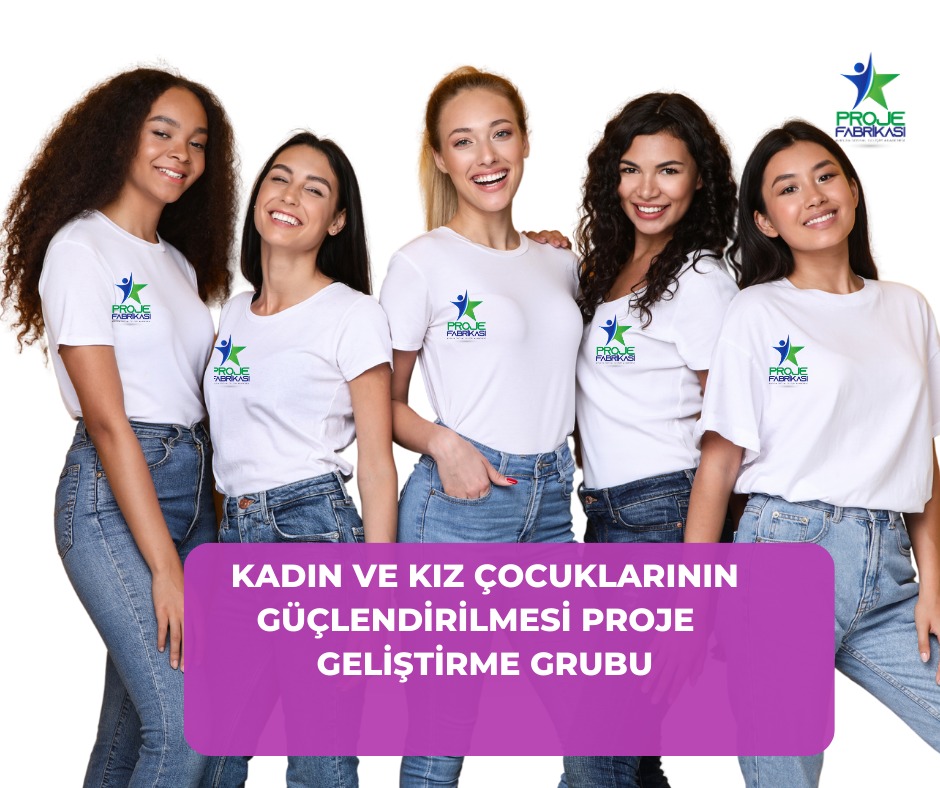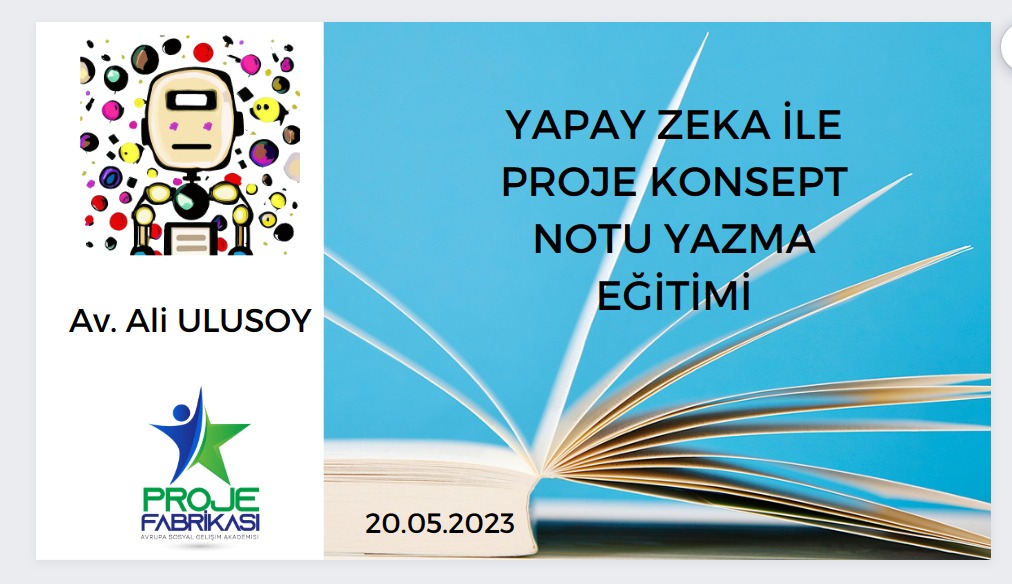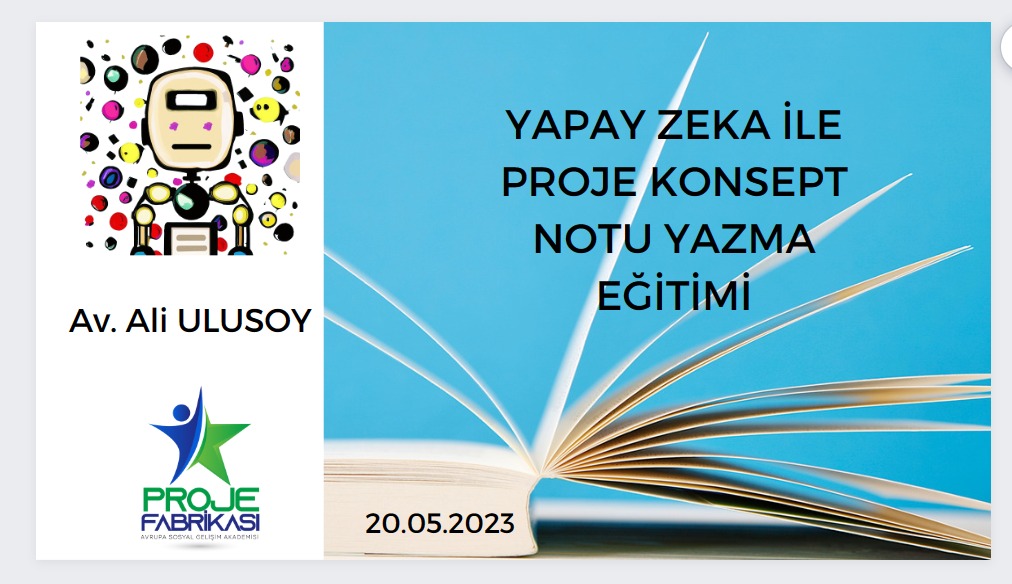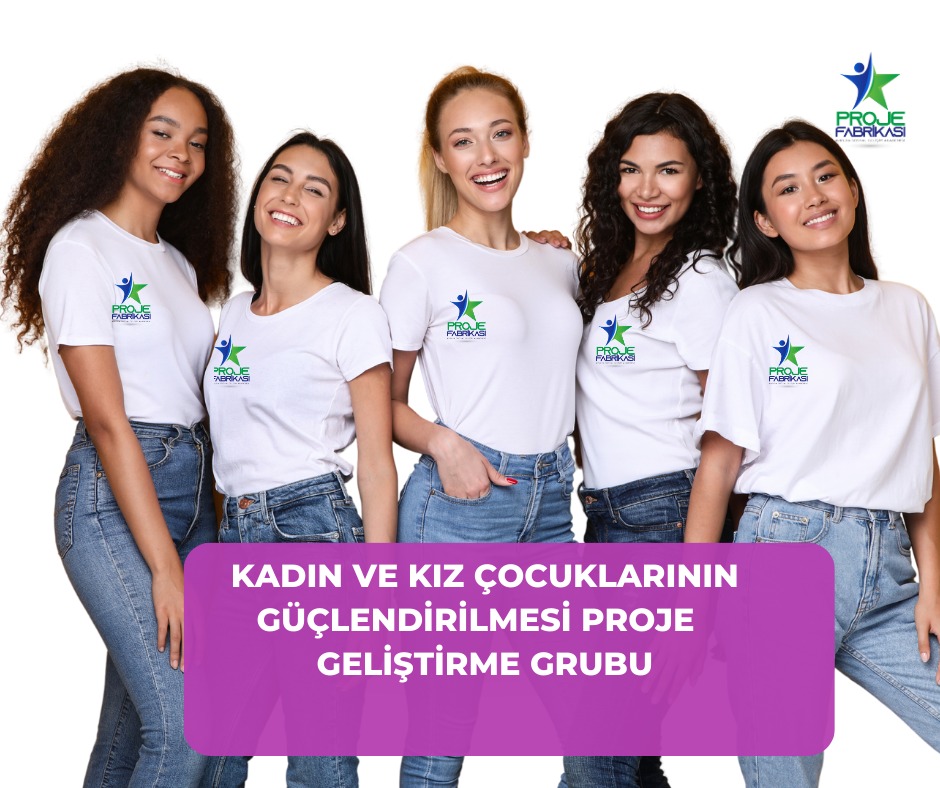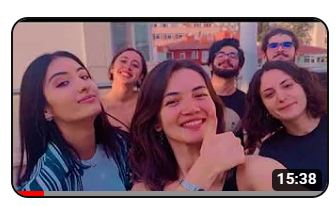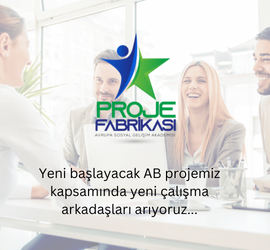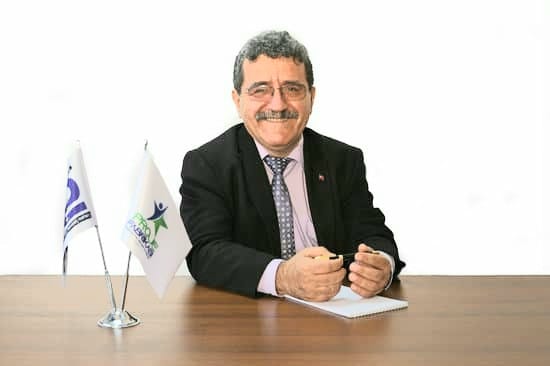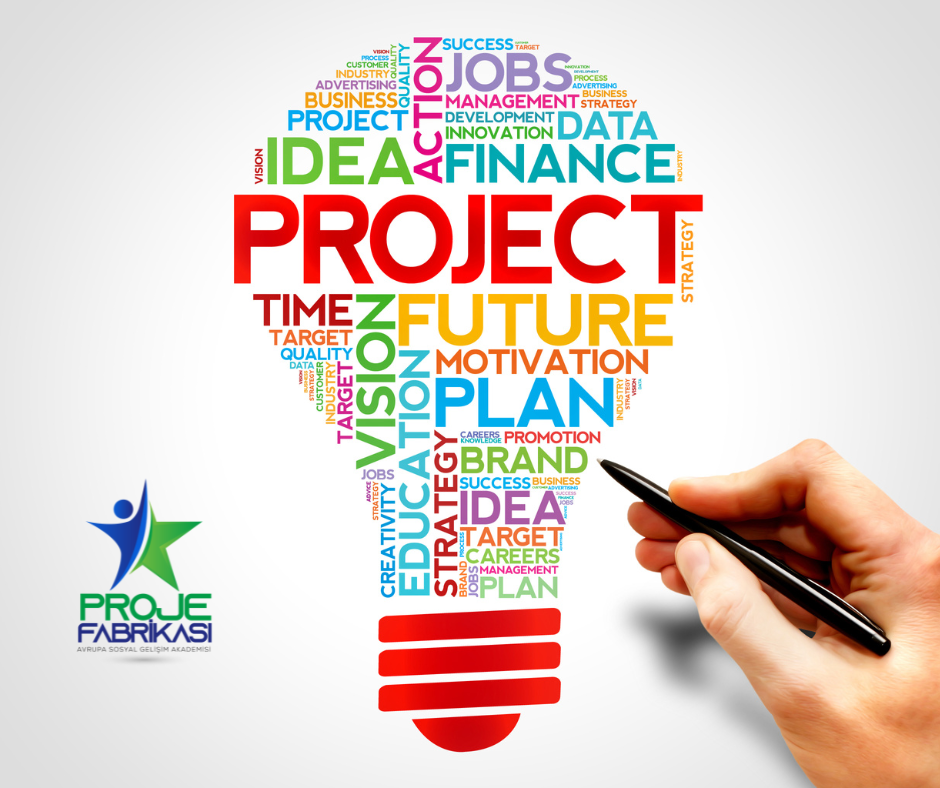The U.S. Department of State, Bureau of Democracy, Human Rights, and Labor (DRL) announces an open competition for organizations interested in submitting applications for projects that protect and defend the universal human rights, fundamental freedoms, and dignity of all individuals, including those who experience violence, discrimination, and marginalization based on religion, sex, disability, race, ethnicity, sexual orientation, gender identity, gender expression, sex characteristics, national origin, age, genetic information, marital status, parental status, pregnancy, or migrant status.
DRL supports the mandates of the Special Representative for Racial Equity and Justice; the Special Envoy to Advance the Human Rights of Lesbian, Gay, Bisexual, Transgender, Queer, and Intersex (LGBTQI+) Persons; the Special Advisor on International Disability Rights; Special Envoy to Monitor and Combat Antisemitism, with the rank of Ambassador; the Ambassador-at-Large for International Religious Freedom; and the Ambassador-At-Large for Global Women’s Issues.
Purpose
- DRL announces a request for proposals from civil society organizations working to promote and protect the human rights of women who face intersectional discrimination based on multiple and overlapping social identities. DRL recognizes that intersectionality is not simply a sum of discriminations, but the convergence of various factors that are exacerbated for communities simultaneously experiencing sexism, racism, homophobia, and/or other forms of purposeful exclusion and hatred. Intersectional discrimination is both personal and structural, which create disproportionate injustice, inequity, and inequality for members of marginalized communities.
- DRL requests proposals specifically focused on women from marginalized communities who face compounded discrimination and violence, as well as significant barriers to exercising their human rights, fundamental freedoms, and dignity. DRL is particularly concerned with the status of women and girls from marginalized communities who experience heightened discrimination, violence, and inequality from emerging and growing global challenges, including gender-based violence, disinformation, migration, food insecurity, economic inequality, conflict and crisis, and climate change. Women are often excluded from power and decision-making entities and processes charged with combating emerging global challenges.
- Despite impeding barriers, women from marginalized communities are also on the front lines of mitigating these global challenges and creating spaces for empowerment and support. Addressing their specific challenges and investing in opportunities to advance their skills and bolster their empowerment strategies, will consolidate the personal and collective strength, energy, and impact needed to achieve equity, justice, and equality for all members of society. Program proposals may address communities globally and may be focused on communities in individual countries, across multiple countries, within regions, or across multiple regions.
Objectives
The project will focus on two objectives:
- Objective 1: Strengthening the capacity of civil society organizations to address intersectional violence, discrimination, inequality, and other forms of human rights abuse against women from marginalized communities; and,
- Objective 2: Creating shared purpose and impact through joint advocacy among civil society organizations addressing emerging and growing global challenges impacting women from marginalized communities and promote women’s empowerment.
Funding Information
- Total Funding Floor: $1,000,000
- Total Funding Ceiling: $1,000,000
- Anticipated Number of Awards: 1-2
- Period of Performance: 18-24 months
- Anticipated Time to Award, Pending Availability of Funds: 4-8 months
- Primary organizations can submit one application in response to the NOFO.
- The U.S. government may: (a) reject any or all applications, (b) accept other than the lowest cost application, (c) accept more than one application, and (d) waive irregularities in applications received.
- For projects of $250,000 or less, DRL expects to provide a fixed amount (fixed price) award. Fixed amount awards are generally used when the work to be performed can be priced with a reasonable degree of certainty, the grantee can reliably predict costs based on similar types of work, or the grantee can easily obtain bids or quotes.
Outcomes
- Under Objective 1, illustrative outcomes may include, but are not limited to:
- effective strategies to document and protect women whose intersecting social identities disproportionately expose them to violence, including sexual and gender-based violence, bias-motivated violence, and hate crimes;
- improved capacity to leverage existing domestic and international legal frameworks to protect the human rights of women who experience discrimination due to overlapping social identities;
- improved visibility and public awareness about the effects of intersectional discrimination for women, as well opportunities for women’s empowerment;
- increased connections between emerging global challenges – including gender-based violence, disinformation, migration, food insecurity, economic inequality, and climate change –and the impact on the lived experiences of women from marginalized communities;
- increased leadership, empowerment and agency of women from marginalized communities to mitigate deliberate barriers to their full achievement of fundamental freedoms and human rights;
- improved access to information and resources for women from marginalized communities;
- consistent spaces for women from marginalized communities to share common goals, coordinate efforts, and empower and support each other; and
- increased ability of organizations to create communities of empowerment, collective care, and personal well-being for women from marginalized communities.
- Under objective 2, illustrative outcomes may include, but are not limited to:
- improved engagement with human rights mechanisms and frameworks created to protect the human rights of women from marginalized communities, both domestic and international;
- increased collaboration with international experts, institutions, and networks working to advance the human rights of women from marginalized communities;
- increased advocacy to implement regional and international policies and reduce impunity for perpetrators of systemic inequality, violence, discrimination against women from marginalized communities;
- improved ability for women from marginalized communities to anticipate, mitigate, prevent, and respond to targeted attacks led by coordinated anti-rights actors using a rubric of traditional values and anti-gender ideology
- increased access to and leadership within broader human rights movements and allied communities by women who experience multiple and intersecting forms of oppression and human rights violations;
- increased cooperation, shared strategies, and understanding within and among women from marginalized communities on promoting and protecting human rights;
- increased cooperation, shared strategies, and understanding within and among local groups working with and led by women from marginalized communities;
- improved and lasting alliances with between and among women from marginalized communities at local community levels;
- increased collaboration among marginalized racial and ethnic communities to advocate for the implementation of regional and international conventions at the local and national levels;
- increased generation of evidence and access to reliable data to drive successful advocacy on intersectional discrimination against women from marginalized communities; and
- engagement with and access to power and decision-making entities and processes charged with combatting emerging global challenges at local, national, and international levels.
Eligible Activities
Where appropriate, competitive proposals may include:
- Opportunities for beneficiaries to apply their new knowledge and skills in practical efforts;
- Solicitation of feedback and suggestions from beneficiaries when developing activities in order to strengthen the sustainability of programs and participant ownership of project outcomes;
- Input from participants on sustainability plans and systematic review of the plans throughout the life of the project, with adjustments made as necessary;
- Inclusion of vulnerable populations;
- Joint identification and definition of key concepts with relevant stakeholders and stakeholder input into project activities;
- Systematic follow up with beneficiaries at specific intervals after the completion of activities to track how beneficiaries are retaining new knowledge as well as applying their new skills.
Ineligible Activities
Activities that are not typically allowed include, but are not limited to:
- The provision of humanitarian assistance;
- English language instruction;
- Development of high-tech computer or communications software and/or hardware;
- Purely academic exchanges or fellowships;
- External exchanges or fellowships lasting longer than six months;
- Off-shore activities that are not clearly linked to in-country initiatives and impact or are not necessary per security concerns;
- Theoretical explorations of human rights or democracy issues, including projects aimed primarily at research and evaluation that do not incorporate training or capacity-building for local civil society;
- Micro-loans or similar small business development initiatives;
- Initiatives directed towards a diaspora community rather than current residents of targeted countries.
Eligibility Criteria
- DRL welcomes applications from U.S.-based and foreign-based non-profit organizations/nongovernmental organizations (NGO) and public international organizations; private, public, or state institutions of higher education; and for-profit organizations or businesses. DRL’s preference is to work with non-profit entities; however, there may be some occasions when a for-profit entity is best suited.
- Applications submitted by for-profit entities may be subject to additional review following the panel selection process. Additionally, the Department of State prohibits profit to for-profit or commercial organizations under its assistance awards. Profit is defined as any amount in excess of allowable direct and indirect costs. The allowability of costs incurred by commercial organizations is determined in accordance with the provisions of the Federal Acquisition Regulation (FAR), Cost Accounting Standards Administration, and Contract Cost Principles and Procedures.
- Applicants should have existing, or the capacity to develop, active partnerships with thematic or in-country partners, entities, and relevant stakeholders, including private sector partners and NGOs, and have demonstrable experience in administering successful and preferably similar projects. DRL encourages applications from foreign-based NGOs headquartered in the geographic regions/countries relevant to this NOFO.
- Applicants may form consortia in order to bring together organizations with varied expertise to propose a comprehensive program in one proposal. However, one organization should be designated in the proposal as the lead applicant, with the other members designated as sub-award partners. DRL reserves the right to request additional background information on applicants that do not have previous experience administering federal grant awards, and these applicants may be subject to limited funding on a pilot basis.
For more information, visit DRL.


